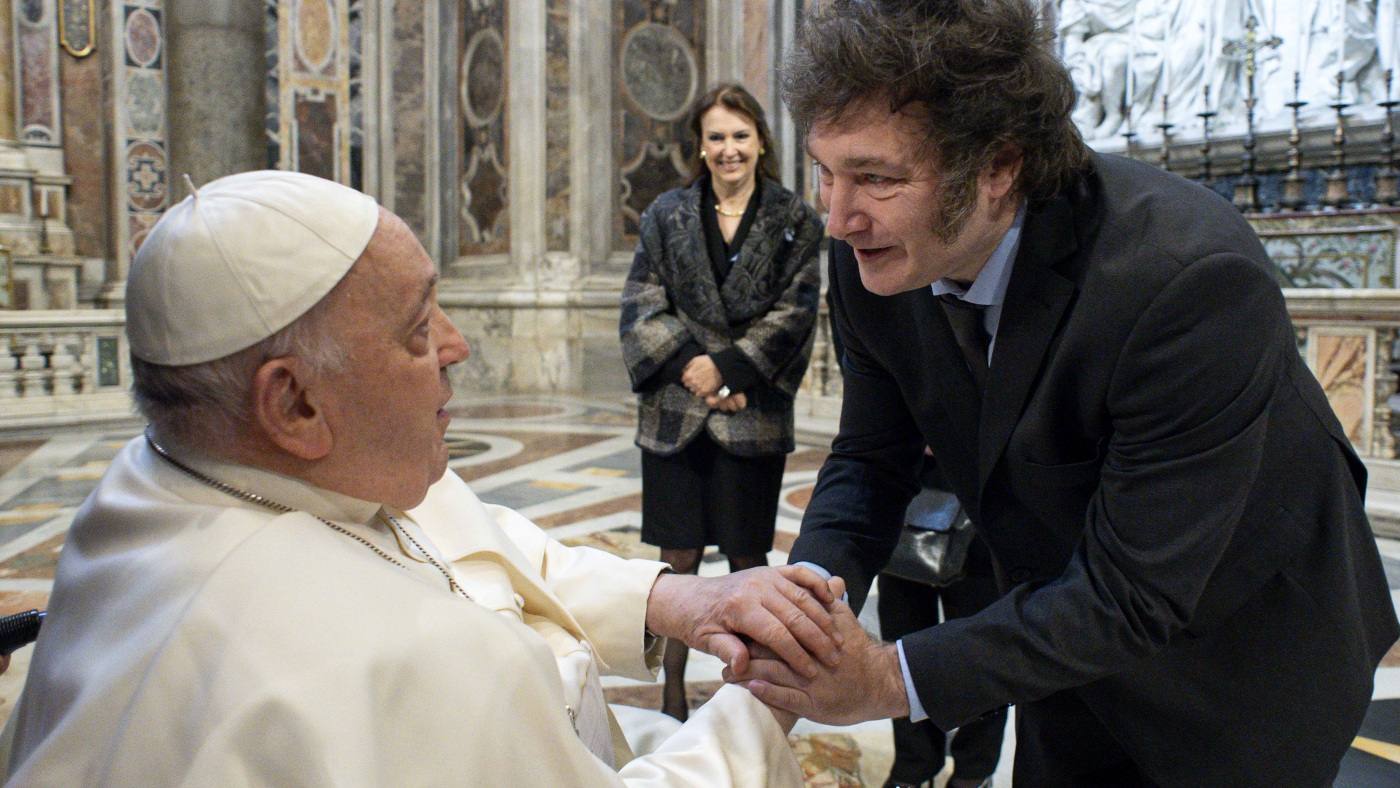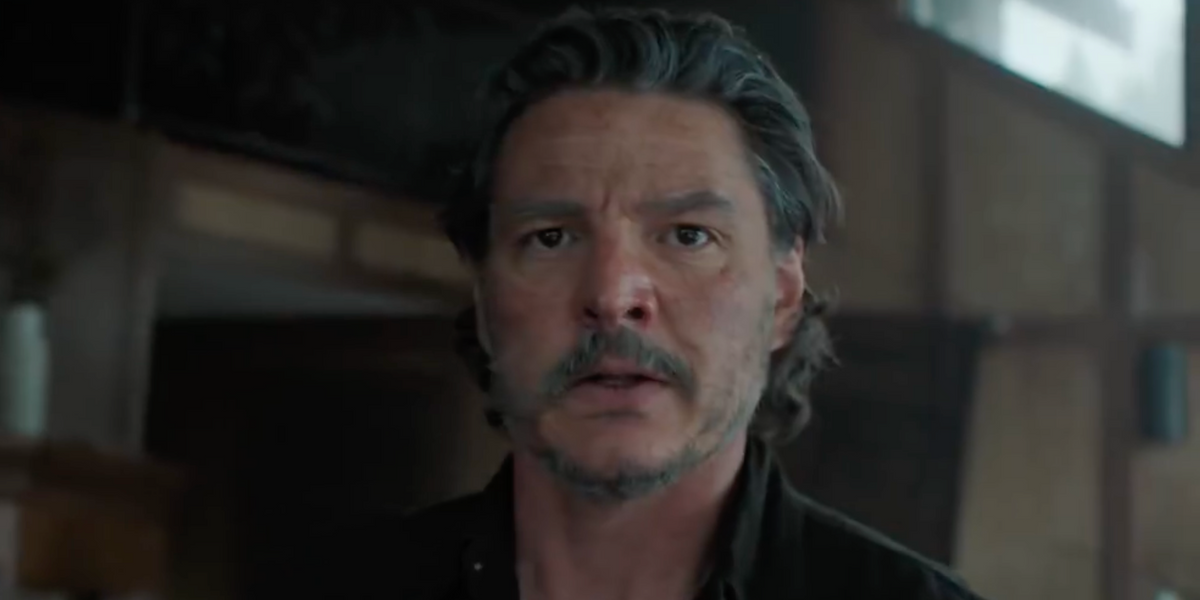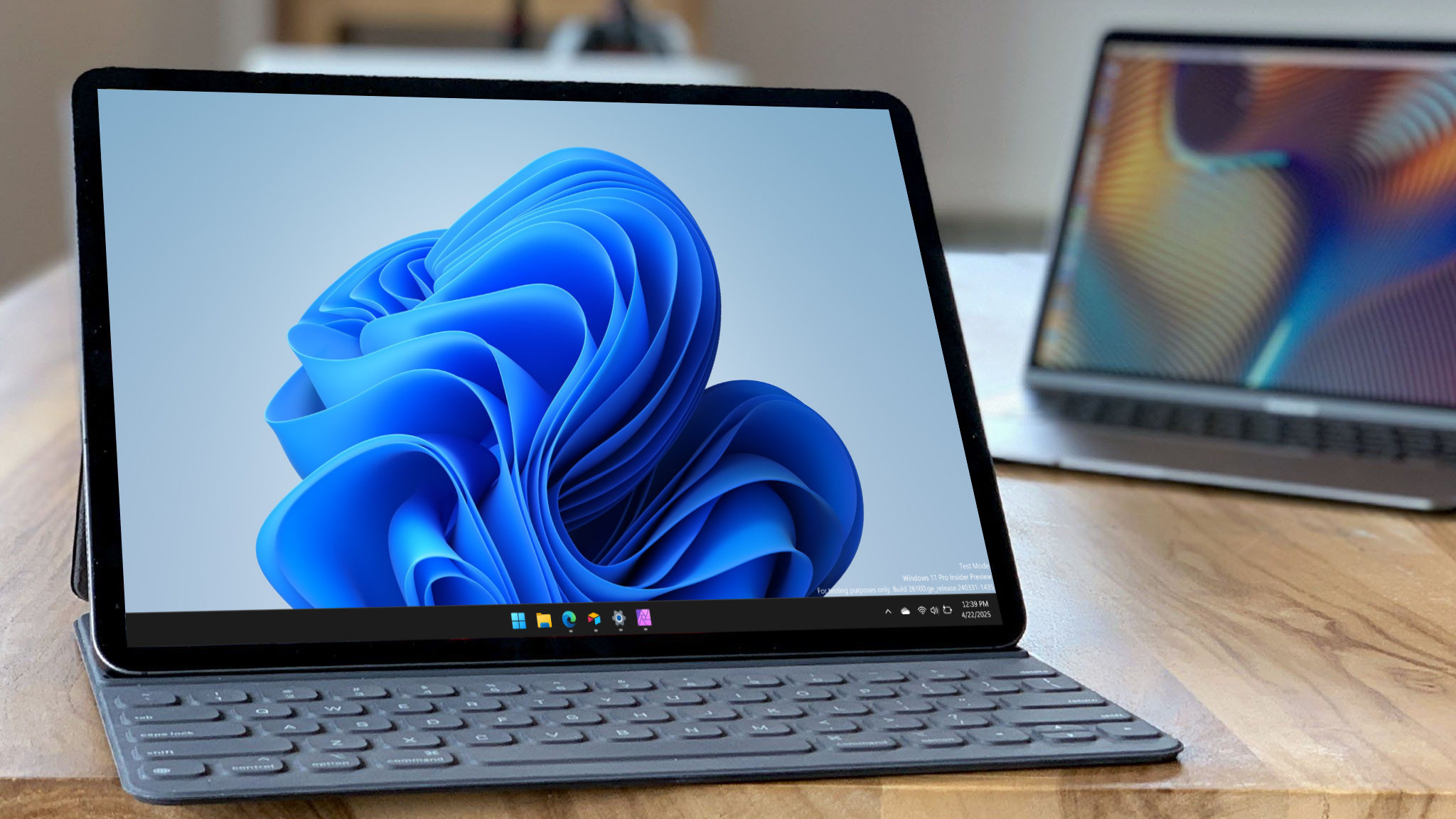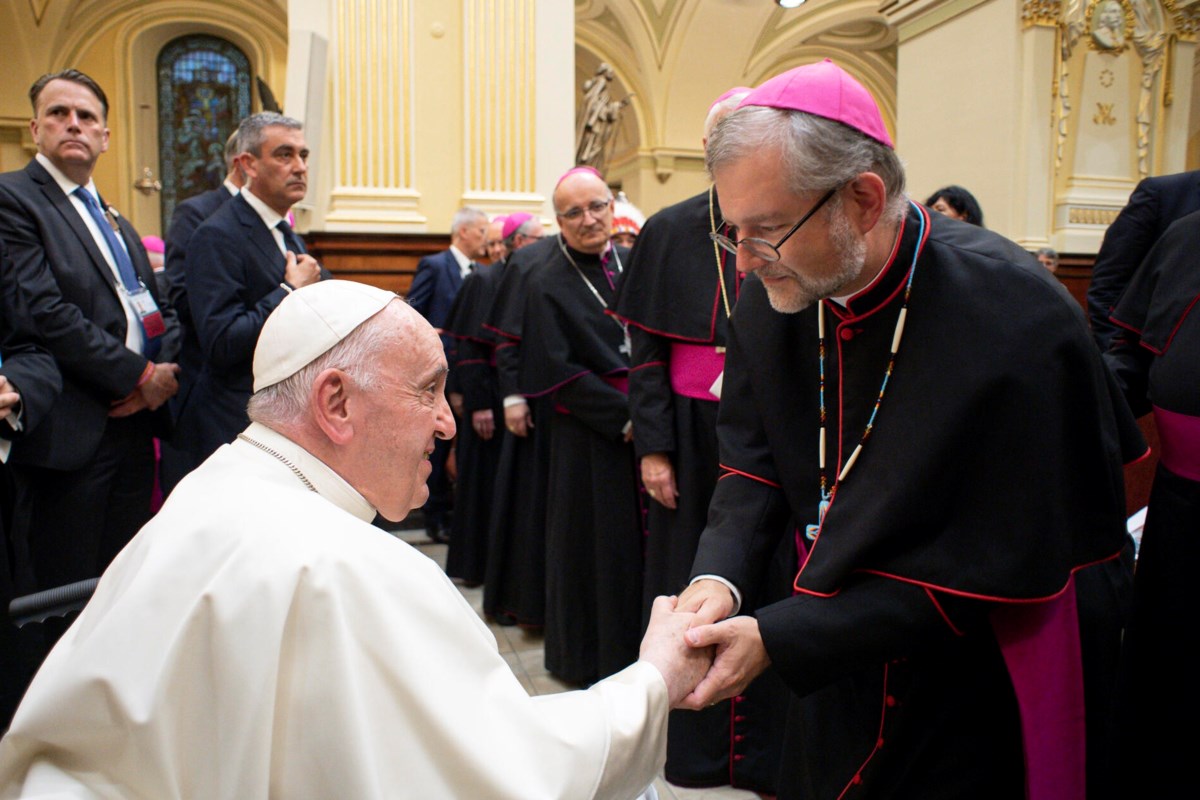PNM the clear, pragmatic choice

I read with keen interest the recent opinion piece by Chandradath Singh advocating for the return of Kamla Persad-Bissessar and the UNC to national leadership. While I acknowledge Mr Singh’s right to his perspective, I must respectfully yet firmly challenge the romanticised view he presents. Mr Singh makes sweeping declarations about the challenges facing Trinidad and Tobago—climate change, crime, economic instability, and threats to democracy. Yet he offers little in the way of concrete evidence or policy analysis to support the idea that Mrs Persad-Bissessar is best positioned to handle them. What we receive instead is a nostalgic appeal rooted in personality and personal experience. Let us be clear: charisma is not competence. Leadership is not about staged sentiment or lofty promises. It is about delivery, consistency, and the ability to inspire confidence through results. Persad-Bissessar’s prior tenure as prime minister was riddled with missteps, questionable appointments, and a lack of coherent vision. There is no convincing evidence that this has changed. Empty rhetoric about “out-of-the-box thinking” and “quiet dignity” cannot erase the fact that under her leadership, public trust in key institutions was eroded. Promised projects never materialised. Critical decisions were delayed or politicised. If voters are expected to believe that a change in government will automatically bring about national transformation, they deserve far more than recycled talking points and vague assurances. In stark contrast, the People’s National Movement, under the stewardship of former prime minister Dr Keith Rowley and supported by capable leaders like Stuart Young, has provided a steady and rational approach to governance in turbulent times. Young, in particular, has proven himself to be a disciplined, sharp, and dependable voice on matters of national security, foreign affairs, and energy—areas that are central to our nation’s stability and growth. Whether managing our response to international sanctions, securing vaccine diplomacy during a global pandemic, or standing firm in defence of our sovereignty, Young has demonstrated the intellect, fortitude, and professionalism that the times require. He embodies a new generation of leadership—one grounded in reason, not reaction; patriotism, not populism. While no administration is perfect, the PNM has shown an unrelenting commitment to nation-building, infrastructural development, social stability, and economic diversification. Theirs is a record we can examine, critique, and build upon—not one clouded in nostalgia or romantic revisionism. It must be said without apology: Persad-Bissessar simply does not have the requisite acumen, strategic foresight, or temperament to lead T&T at this critical juncture. This is not a matter of personal dislike—it is a matter of national interest. Leadership is not a sentimental position. It is a job that demands competence, discipline, and vision. And that is where the UNC falls woefully short. In this election, the choice before the electorate is not between personalities—it is between proven capability and speculative promises. The clear, pragmatic choice is Stuart Young and the People’s National Movement. Trinidad and Tobago cannot afford anything less.

















